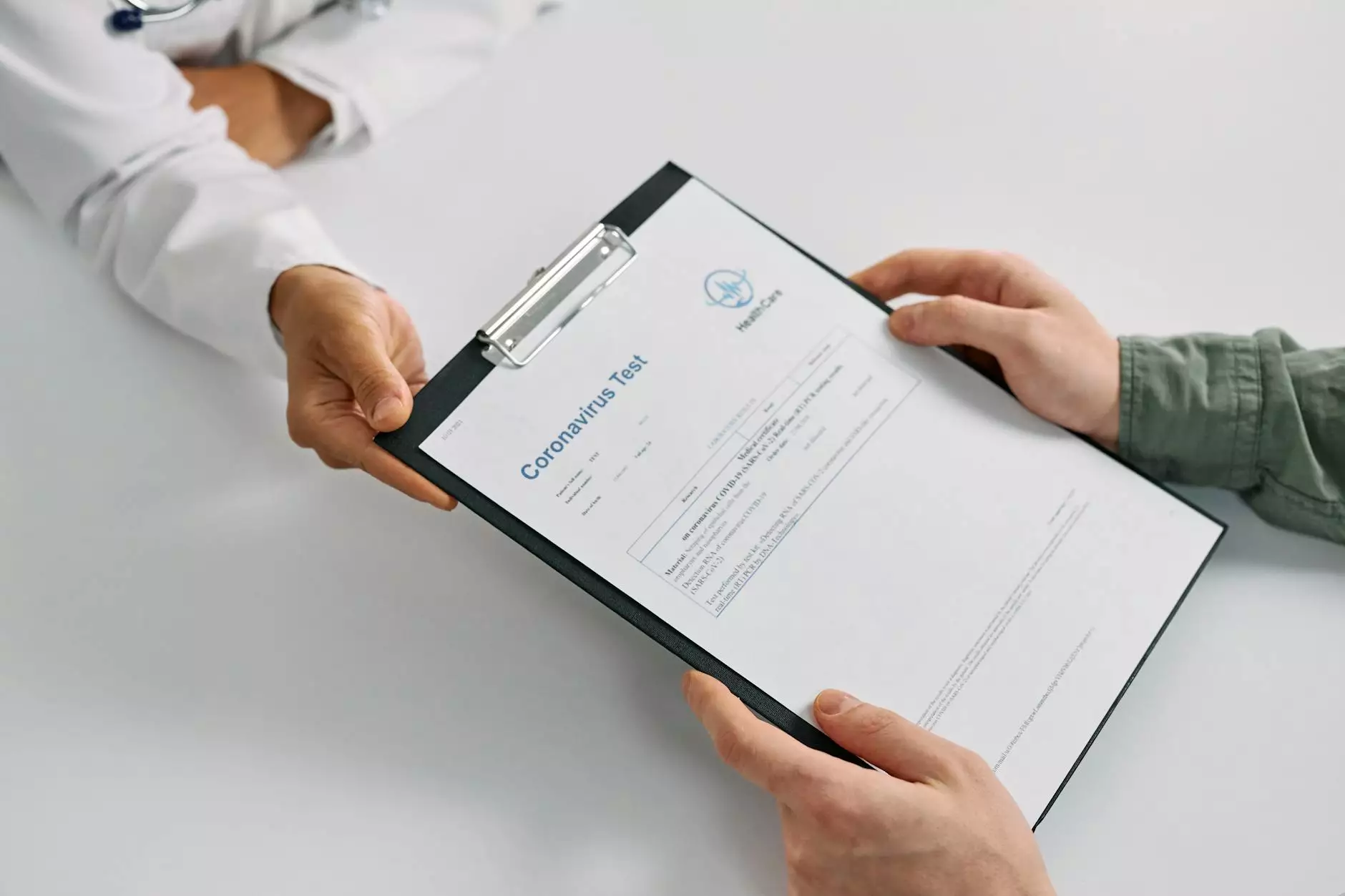Mobile Health Clinics in Africa - Providing Access to Medical Services

Introduction
Mobile health clinics have become a transformative solution to provide medical services in remote areas of Africa, where access to healthcare facilities is limited. These innovative mobile clinics are designed to bring healthcare directly to communities, making it easier for people to receive medical care, especially in areas with a scarcity of healthcare infrastructure.
The Role of Mobile Health Clinics
Mobile health clinics play a crucial role in improving the healthcare landscape in Africa. By bringing medical services to underserved communities, they help bridge the gap between patients and healthcare providers. These clinics are often equipped with a wide range of medical equipment and staffed by doctors, nurses, and other healthcare professionals who are committed to making a difference in the lives of individuals and communities.
Benefits of Mobile Health Clinics
There are several benefits associated with the use of mobile health clinics:
- Increased Accessibility: Mobile clinics enable medical services to reach remote areas that are inaccessible to traditional brick-and-mortar healthcare facilities. This ensures that no community is left behind in receiving the care they require.
- Healthcare Outreach: These clinics help extend healthcare outreach, enabling medical professionals to screen patients, provide preventive care, and offer treatments for various illnesses. This proactive approach assists in early detection and intervention.
- Community Engagement: Mobile health clinics promote community engagement by organizing health education programs, raising awareness about diseases, providing vaccinations, and offering counseling services in a comfortable and familiar setting.
- Rapid Emergency Response: These clinics are well-equipped to respond quickly to emergencies, allowing medical professionals to provide immediate care to individuals in critical situations.
- Cost-Effective Solution: Mobile clinics offer a cost-effective alternative compared to building permanent healthcare facilities in remote areas. They can reach multiple communities and serve a larger population with fewer resources.
Challenges and Solutions
While mobile health clinics have revolutionized healthcare delivery in Africa, they do face a few challenges:
- Infrastructure Limitations: Limited road infrastructure and difficult terrains can pose challenges for mobile health clinics to reach remote areas. However, organizations are continuously finding innovative solutions such as modifying vehicles to navigate through rough terrains.
- Sustainability: Maintaining a consistent flow of resources and funding for the operation and maintenance of mobile clinics can be a challenge. However, partnerships with governments, NGOs, and private organizations play a crucial role in ensuring long-term sustainability.
- Medical Staffing: Recruiting and retaining qualified medical professionals to staff mobile clinics can be difficult, especially in remote areas. Training local healthcare workers and providing incentives have proven to be effective strategies in addressing this challenge.
- Equipment and Supplies: Ensuring a steady supply of medical equipment and essential supplies is essential for the successful operation of mobile clinics. Collaboration with healthcare suppliers and leveraging partnerships can help address this challenge effectively.
- Health Data Management: Effective management and maintenance of health records and data in remote areas can be complex. However, advancements in technology have allowed for the utilization of digital health systems to streamline data collection and management.
The Impact of Mobile Health Clinics
Mobile health clinics have had a tremendous impact on communities in Africa:
These clinics have significantly improved healthcare access, especially for those living in remote areas with limited resources. They have played a crucial role in reducing mortality rates, providing vital vaccinations, antenatal care, and treating common illnesses.
Additionally, mobile clinics have contributed to reducing the burden on existing healthcare facilities, allowing hospitals and medical centers to focus on more complex cases, surgeries, and specialized treatments.
Conclusion
Mobile health clinics have emerged as a critical solution to address the healthcare challenges faced by communities in Africa. These clinics, with their ability to reach remote areas, provide essential medical services, promote health education, and establish strong connections with local communities. Their positive impact on healthcare access and outcomes cannot be overstated. By improving the health and wellbeing of individuals across the continent, mobile health clinics are paving the way towards a healthier and more equitable future for all.
mobile health clinics in africa







